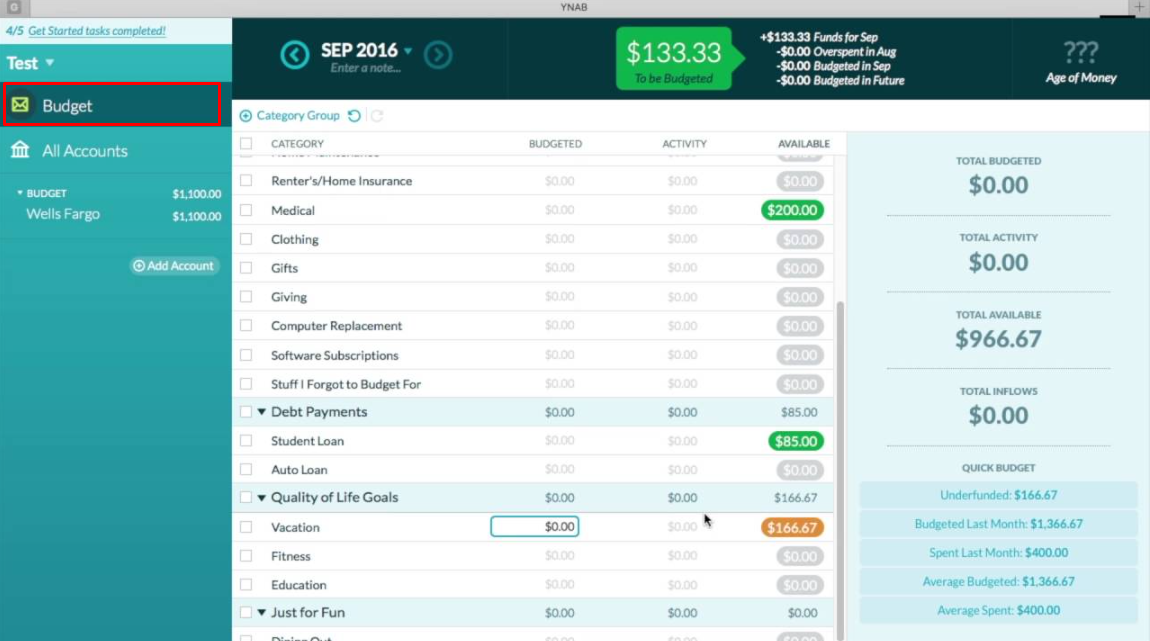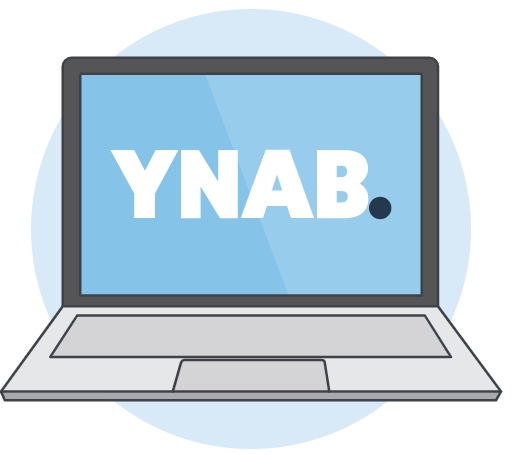Creating a personal budget: importance and how to make yours

Anúncios
Creating a personal budget is a fundamental aspect of financial management that empowers individuals to take control of their financial well-being.
In this comprehensive guide, we delve into the essence of personal budgets, elucidating their importance and offering a step-by-step approach to crafting a personalized budget tailored to individual needs and aspirations.
Anúncios
From setting financial goals to allocating resources effectively. Want to discover more? Follow the reading with us and enjoy!
What is a Personal Budget?
A personal budget is a financial roadmap that outlines how an individual plans to allocate their income across various expenses and savings goals within a specific period.
Anúncios
It serves as a comprehensive plan, detailing the sources of income, fixed and variable expenses, and strategic goals.
A well-constructed personal budget provides a clear overview of one’s financial situation, helping to foster financial discipline and responsible money management.
At its core, a personal budget is a written plan that empowers individuals to take control of their finances. It goes beyond mere tracking of income and expenses; it reflects one’s priorities, aspirations, and a commitment to financial well-being.
By providing a snapshot of financial health, a personal budget becomes an essential tool for informed decision-making, guiding individuals to make conscious choices about spending, saving, and investing.
Moreover, a personal budget is not a one-size-fits-all solution; it is a dynamic document that evolves with changing circumstances.
Whether you are navigating through a steady income or dealing with irregular freelancing earnings, a personalized budget adapts to your unique financial landscape.
Understanding the nuances of your financial flow is the first step towards creating a budget that aligns with your goals and lifestyle.
Why Make a Budget? Know the Importance
Creating and adhering to a personal budget is paramount for several reasons, each contributing to overall financial well-being.
Firstly, a budget puts individuals in control of their money, ensuring that it is directed towards meeting needs and achieving goals.
It acts as a financial compass, guiding spending habits and minimizing wasteful expenses, thereby freeing up resources for more meaningful pursuits.
Moreover, a well-crafted budget enhances the ability to pay all bills promptly, preventing the stress associated with financial strain. It acts as a preventive measure, safeguarding against running out of funds during the month.
The budgeting process also provides a structured approach to debt reduction, offering a systematic way to allocate funds towards paying down outstanding balances. Beyond financial security, a personal budget is a tool for goal realization.
Whether it’s saving for a dream vacation, building an emergency fund, or planning for retirement, a budget allows individuals to allocate specific amounts towards achieving these objectives.
By instilling financial discipline and reducing unnecessary spending, a budget transforms financial goals from distant dreams into tangible, achievable milestones.
In essence, the importance of budgeting lies in its transformative power, turning financial aspirations into reality.
How to create a personal budget?
Now that you know what a personal budget is and its importance, how about learning how to make one? Follow the content with us!
Understand Your Sources of Income
The first step in creating a personal budget is to have a clear understanding of your sources of income.
Identify and list all the avenues from which you receive money regularly. This may include your primary job, side gigs, rental income, or any other sources.
Ensure that you are considering your net income—the amount you take home after deductions like taxes and other withholdings.
Having a comprehensive view of your income is crucial as it forms the foundation of your budgeting process.
List Your Monthly Expenses
Once you’ve established your income, the next crucial step is to list all your monthly expenses.
Categorize your expenses into fixed and variable categories. Fixed expenses remain constant every month, such as rent or mortgage, utilities, and insurance.
Variable expenses, on the other hand, fluctuate and may include groceries, dining out, entertainment, and discretionary spending.
Take the time to gather accurate data by reviewing past bank statements and bills. This process provides insights into your spending patterns, enabling you to make informed decisions when creating your budget.
Set Goals
Setting financial goals is a pivotal aspect of budgeting. Determine both short-term and long-term goals that align with your aspirations.
Short-term goals could involve creating an emergency fund, paying off high-interest debt, or saving for a specific purchase.
Long-term goals might include saving for a home, funding education, or building a retirement nest egg.
Clearly defined goals not only serve as a motivation to stick to your budget but also provide a roadmap for allocating your resources effectively.
Create Budget Categories
With a comprehensive understanding of your income, expenses, and financial goals, it’s time to create budget categories.
Organize your expenses into meaningful categories, distinguishing between essential needs and discretionary wants.
This step helps prioritize your spending and ensures that your budget reflects your values and priorities. Common categories include housing, utilities, groceries, transportation, entertainment, savings, and debt repayment.

Choose a Method
Selecting a budgeting method that aligns with your preferences and lifestyle is essential.
Different methods suit different individuals, and popular options include percentage-based budgeting, zero-based budgeting, and the envelope system.
Percentage-based budgeting involves allocating a certain percentage of your income to specific categories like needs, wants, and savings.
Zero-based budgeting requires assigning every dollar a purpose, ensuring that your income minus expenses equals zero.
The envelope system involves allocating physical cash to different spending categories, promoting disciplined and tangible spending.
Track and Adjust Your Spending
Consistently track your spending against your budgeted categories. Utilize budgeting tools, apps, or traditional methods like spreadsheets to stay organized.
Regularly review your budget to identify areas where you may be overspending or underutilizing allocated funds.
If necessary, be willing to make adjustments. This may involve cutting back on discretionary spending, renegotiating bills, or exploring opportunities to increase your income.
Flexibility is key, and your budget should evolve to reflect changes in your financial circumstances and goals.
Conclusion
Creating and adhering to a personal budget is not just a financial task; it’s a transformative journey towards financial empowerment and security.
A well-constructed budget serves as a roadmap, guiding individuals to make intentional and informed decisions about their money.
By understanding your sources of income, listing monthly expenses, and setting meaningful goals, you lay the groundwork for a budget that reflects your unique financial situation and aspirations.
The process of creating budget categories and selecting a suitable budgeting method provides structure and clarity to your financial plan.
It allows you to allocate resources strategically, ensuring that your money aligns with your priorities.





